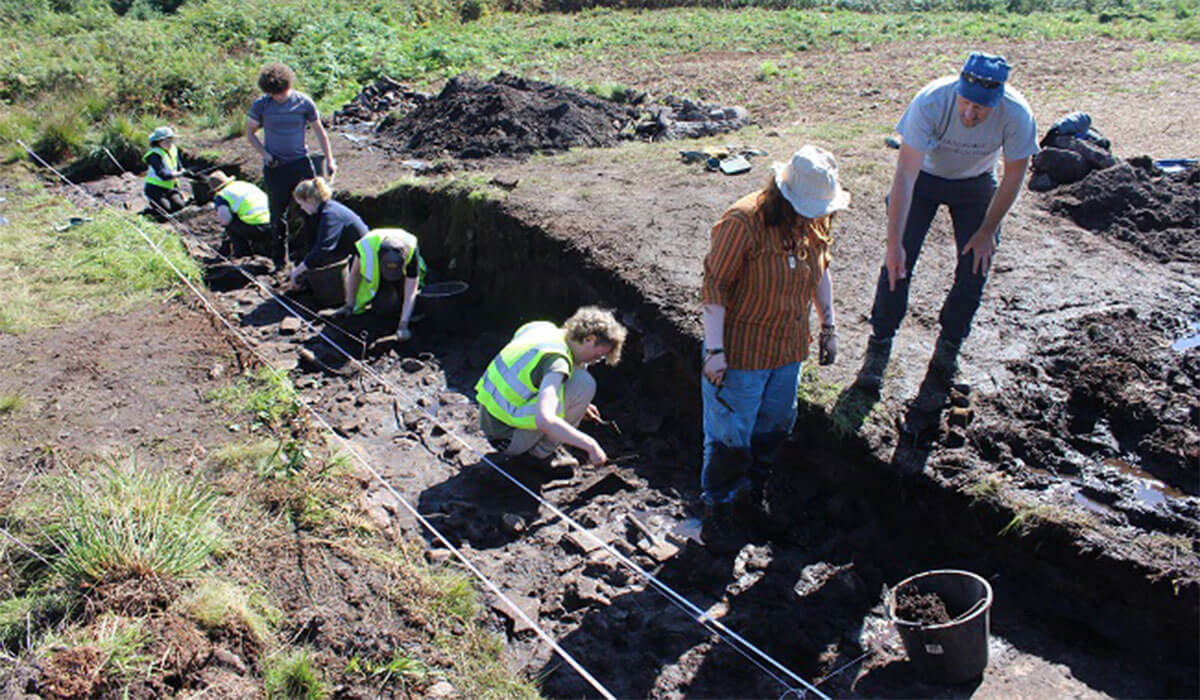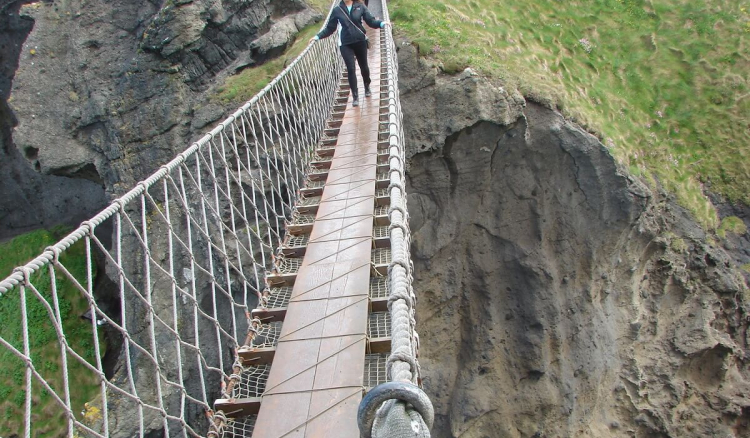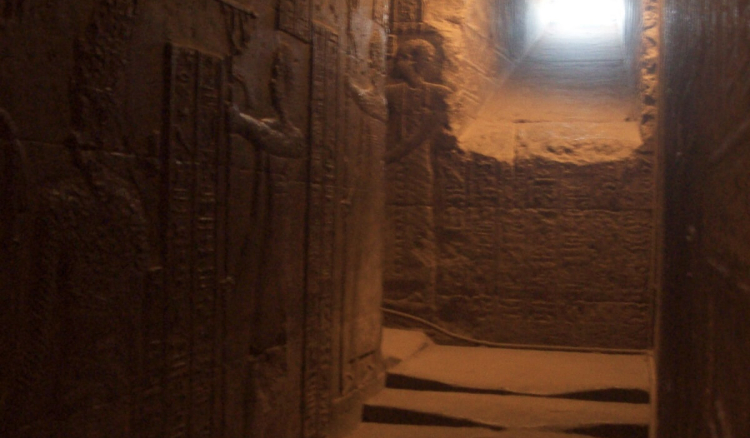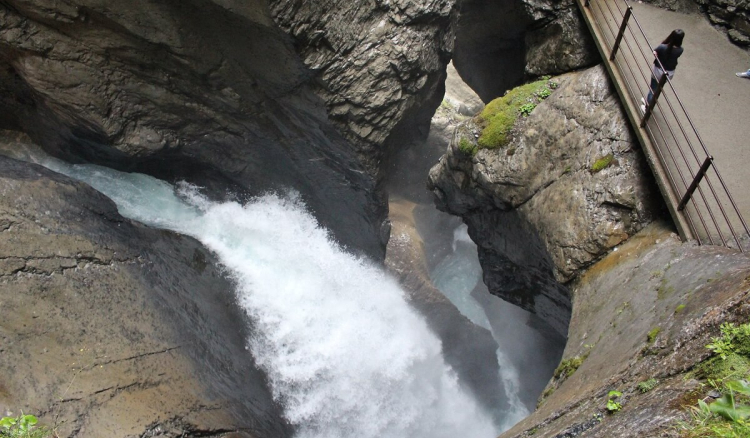
Archaeological diggings at the Drumadoon cursus embankment © Image by Dr. Kenny Brophy
On the island of Arran, located in Scotland, an archaeological team made a significant discovery - a Neolithic cursus, a testament to ancient civilizational processes in Britain. This monument, with its impressive dimensions, opens new horizons for studying the lives of ancient peoples.
Description of the archaeological discovery
A cursus is a specific structure, representing a rectangular enclosure, typical for the Neolithic era. The uniqueness of the Arran cursus lies in its complexity: it combines stone, earth, and turf embankments.
According to the University of Glasgow, where the research details were published, this monument might date back to 3500 BC. Its distinctiveness is that it's one of the best-preserved examples of such structures in Britain.
During the excavations, numerous artifacts were found that depict the life of people of that era: field boundaries, dwellings, tools. These findings provide a deeper understanding of how ancient Britons interacted with nature and their cultural and religious practices.
Experts from various scientific institutions, such as the universities of Birkbeck and Reading, actively participated in the research. They are studying soil samples, vegetation, and other ecological features to get a complete picture of life during that period.
Dr. Emma Jenkins from Bournemouth University emphasized the importance of the discovery for geoarchaeology, while Professor Nicky Whitehouse noted that this discovery might change our understanding of British history.
This discovery will not only help study history but will also lay the foundation for restoring the historical landscape of the region, crucial for modern culture and history.
- Netanyahu's son relocates due to activist harassment and media misinformation
Yair Netanyahu, son of Israel's former Prime Minister, has decided to leave the country because of pressure from activists and inaccurate media portrayals of him
- Saudi Arabia and Iran restore diplomatic relations after a seven-year break
Two leading Middle Eastern countries aim to strengthen cooperation against the backdrop of their growing role in international alliances, particularly in BRICS
- A 5.2 magnitude earthquake strikes Azerbaijan
A 5.2 magnitude earthquake occurred in the Kurdamir district of Azerbaijan. It was felt in several regions, with no current reports of casualties or damages













